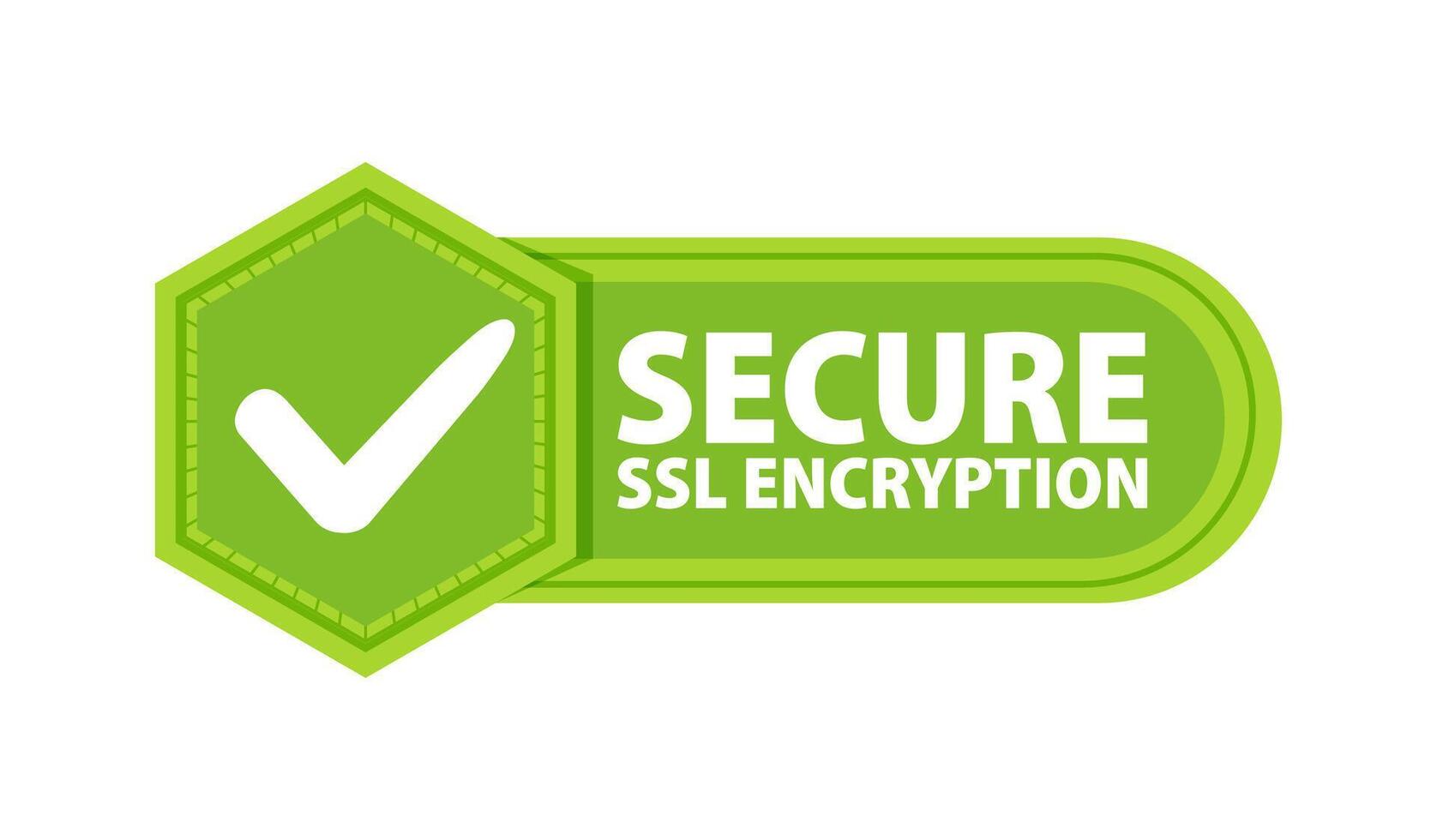SSL (Secure Sockets Layer) is a crucial technology in the landscape of internet security. As the digital world continues to expand, the need for robust security measures has never been more critical. This article delves into why SSL is essential for website security and how it benefits both users and website owners.

Understanding SSL
SSL is a protocol designed to create a secure connection between a web server and a browser. It uses encryption to protect data transmitted over the internet, making it difficult for unauthorized parties to access or tamper with the information. This establishes trust between users and websites, ensuring that sensitive information, such as login credentials and credit card details, remains confidential.
The Importance of SSL for Website Security
- Data Encryption
One of the primary functions of SSL is to encrypt the data exchanged between the user's browser and the web server. This means that even if a hacker intercepts the communication, the data will be unreadable without the appropriate decryption keys. Encryption significantly reduces the risk of sensitive information being stolen during transmission.
- Authentication
SSL certificates serve as a form of digital identification for websites. When a user visits a site with an SSL certificate, the certificate confirms the website's legitimacy. This authentication process helps ensure that users are connecting to the intended website and not a fraudulent one. It builds a foundation of trust, especially for e-commerce sites that handle financial transactions.
- Data Integrity
SSL also ensures that data sent and received over a secure connection remains unaltered. Any attempt to intercept and modify the data in transit will be detected, and the communication will be terminated. This integrity check is vital in maintaining the accuracy of the information exchanged between users and websites.
- Trust Signals for Users
Web browsers actively notify users when they are about to enter an insecure site. A website without SSL displays "Not Secure" in the address bar, which can deter potential customers or visitors. On the other hand, websites with SSL certificates show "https://" instead of "http://", often accompanied by a padlock icon. These trust signals reassure users that their data will be protected, encouraging them to interact with the site.
- SEO Benefits
Search engines, notably Google, favor websites that use SSL encryption. In 2014, Google announced that sites using HTTPS (the secure version of HTTP) would receive a ranking boost in search results. This means that websites with SSL are more likely to rank higher on search engines compared to their non-secure counterparts. For website owners, adopting SSL can lead to increased visibility and traffic.
- Compliance with Regulations
With the rise of data protection regulations, such as the GDPR (General Data Protection Regulation) and CCPA (California Consumer Privacy Act), having SSL is essential for compliance. These regulations mandate that organizations take necessary measures to protect personal information, and implementing SSL is a key step in meeting these legal requirements.
- Protection Against Phishing Attacks
Phishing attacks often involve creating fake versions of legitimate websites to steal user credentials. Websites with SSL certificates are less likely to be targeted, as users can verify their authenticity through the certificate. While SSL cannot eliminate phishing entirely, it minimizes the risk by making it more challenging for attackers to impersonate secure sites successfully.
- Building Customer Confidence
For e-commerce and online service providers, customer trust is paramount. An SSL certificate assures customers that their details are secured and that the website takes data protection seriously. This confidence can lead to increased conversion rates, customer loyalty, and ultimately, business success.
Conclusion
In an era where online security threats are pervasive, SSL is more than just an optional feature; it is a necessity for website security. By encrypting data, providing authentication, ensuring integrity, and establishing trust, SSL protects both users and website owners from various online risks. As cyber threats continue to evolve, deploying SSL not only enhances security but also boosts brand reputation and credibility in the eyes of customers. In summary, implementing SSL is a fundamental step for any organization looking to secure their online presence and foster trust with their users.












